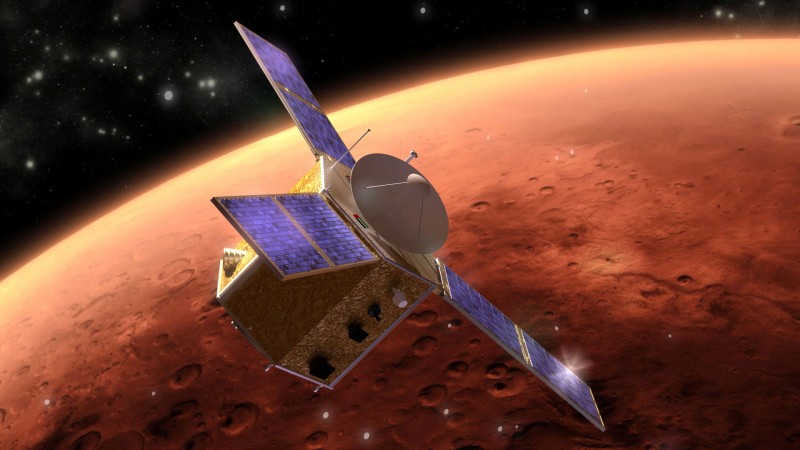The UAE has reportedly become the first-ever Arab-Islamic country to become an official member of the International Charter on Space and Major Disasters.
The announcement was made by the UAE Space Agency, the National Emergency Crisis and Disaster Management Authority (NCEMA) and the Mohammed bin Rashid Space Centre (MBRSC).
Admittance as a member within the Charter is requires candidates to possess advanced space-based Earth observation capabilities.
Under the Charter, member states pledge to share the imagery obtained from their respective satellites orbiting Earth to provide other members with high quality images at frequent intervals to contribute to the management of natural or man-made disasters.
Mohammed Nasser Al Ahbabi, director generatl, UAE Space Agency, said, “Obtaining membership of the Charter is a testament to the advanced state of the UAE’s space and Earth observation capabilities. The UAE’s willingness and ability to assist other members in the event of a crisis or disaster has been, once again, recognised by the international space community.
He added that the UAE intends to contribute to the Charter through the sharing of images and data collected by our DubaiSat-2, which will be joined shortly by the entirely UAE-built KhalifaSat.
The Charter will also provide its members with high-quality training opportunities led by international specialists and experts. Members are also encouraged to exchange relevant data, research and expertise with each other.
Currently, there are over 22 of the most prominent space agencies and international institutions specialised in Earth observation are under the Charter.
“The membership supports the presence and status of the UAE in the space sector on an international level,” said Dr. Jamal Al Hosani, director general, NCEMA.
According to him, it also facilitates an effective response and rapid recovery from crises and disasters by harnessing satellite images provided by other members. “The membership will also enable other stakeholders in the UAE to gain accesses to the best disaster management practices in the fields of space technology and Earth observation. NCEMA is working with the UAE Space Agency and MBRSC to develop integrated training programmes to qualify national cadres and benefit from the provided satellite images.”
The process by which membership is attained includes a number of field visits by international experts to observe the applicant’s qualifications and provide training on the mechanisms of cooperation between member organisations.
The UAE has been making significant investments into space programmes and technologies of late. This year saw the government launch a number of initiatives that support its ambitious plans to be among the top nations in space exploration.
Last month, the UAE Space Agency announced that the nation’s Mars Science City project will be completed in less than three years. The venture is a facility will cover nearly 177,000 square metres (1.9 million square feet) that will feature simulated conditions for human settlers on the Red Planet. It will include laboratories for food, energy and water, as well as agricultural testing and studies about food security in the future.
In addition, the Agency has recently met with the International Astronautical Federation to discuss a range of opportunities for collaboration in space science, research and education.
The UAE Space Agency will represent the UAE at meetings of the Charter’s Board of Directors in order to participate in the development of plans and policies. Meanwhile, NCEMA will be the UAE’s point of contact for satellite image requests during the occurrence or expectation of a crises or a disaster in the UAE or wider region.
Lastly, MBRSC will be in charge of providing and receiving information, data and satellite images through its satellites and ground stations.





